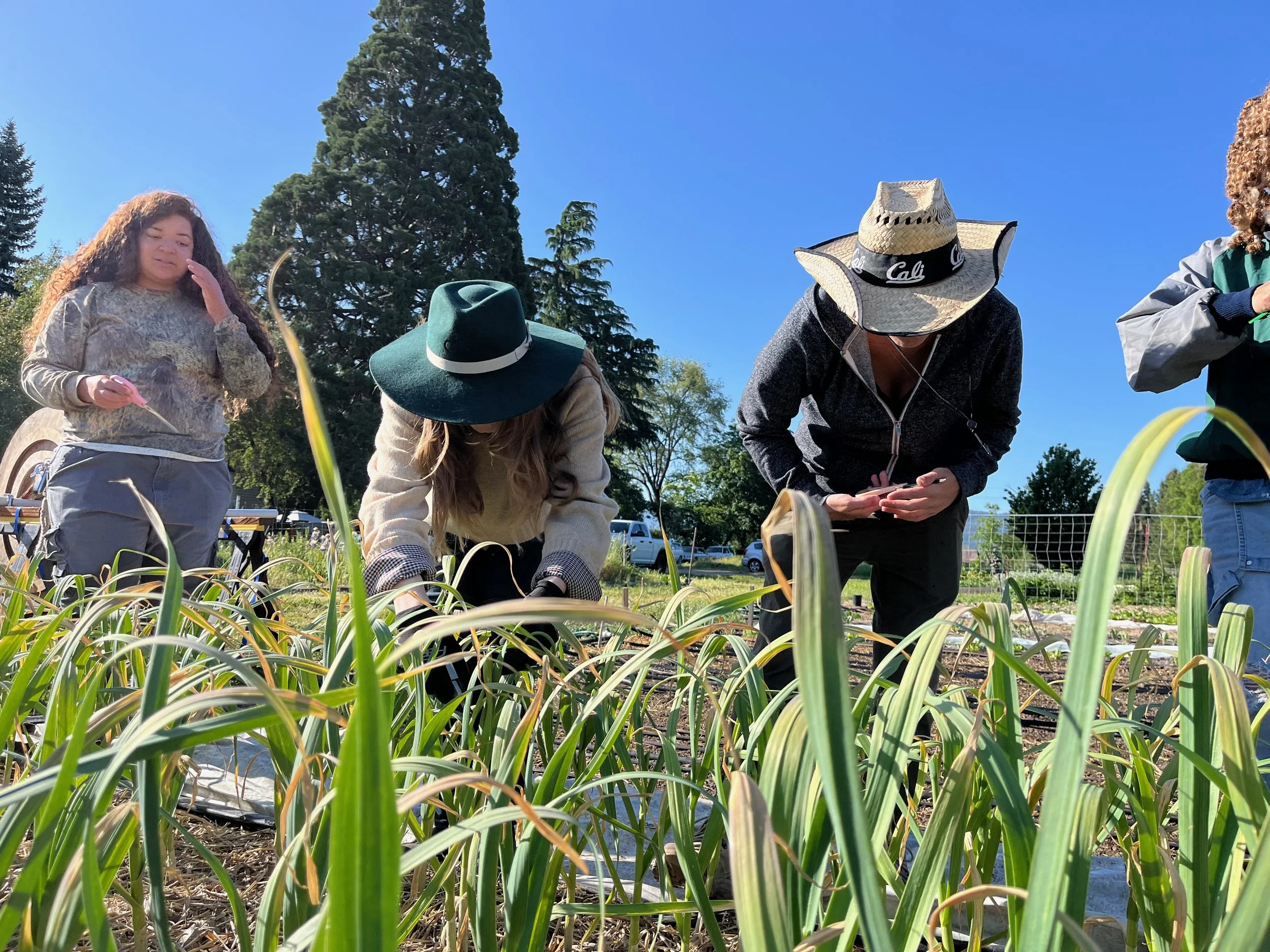collaborative nonprofit farms
The nonprofit farm model can be an excellent option for folks whose farms have a charitable mission. Although a nonprofit is not an inherently collaborative model, its structure allows for collaborative organization. Many nonprofits are adopting a “worker-directed” model, incorporating worker cooperative principles into their operations.
It’s important to note that nonprofits must follow strict guidelines to maintain nonprofit status, and many of the rules that apply to nonprofits mean farmers should think carefully about how to manage land and other asset ownership. For example:
No one “owns” a nonprofit farm they way they might own an LLC or cooperative farm
A nonprofit farm, if it is dissolved, cannot distribute any assets it holds (like land or equipment) among its members
Employees cannot collect any profit from a nonprofit farm
Read more about farm nonprofits and collaborative nonprofit structures below in our resource section.
More Resources
-
Guide to Starting a Nonprofit in Oregon | Nonprofit Association of Oregon
A step-by-step guide for registering your nonprofit, writing bylaws, filing necessary reports, running a board, and more.
Register Your Nonprofit | OR Secretary of State
All Oregon nonprofits must register with the Secretary of State.
Farmers Guide to Business Structures | Farm Commons
Farm Commons provides legal resources to help support more resilient farmers. This book is incredibly detailed in walking you through choosing a business entity and advising on how to complete the registration process.
Relevant Chapters:
Chapter 8: Nonprofit Fundamentals
-
Worker Self-Directed Nonprofit Resources | Sustainable Economies Law Center
The SELC is one of the pioneering nonprofits behind worker-directed nonprofits. Their resource page includes a legal guide, a bylaws toolkit, presentations on how to form a worker-directed nonprofit, and examples of internal policies and processes.
Using Sociocracy in Nonprofits | Sociocracy for AllSociocracy is a type of governance system that aims to decentralize decision making and democratize the workplace. Sociocratic workplaces utilize small working circles and a consent-based decision making process. Sociocratic principles can help nonprofit farms operate in a more cooperative way.
Sample Bylaws | Sustainable Economies Law Center
An example of bylaws for a worker self-directed nonprofit.
-
Examples of Nonprofit Farms
Family Nurturing Center Farm & Food Program
Thimbleberry Collaborative Farm
Examples of Collaborative NonprofitsWorker Self-Directed Nonprofit Case Studies | Sustainable Economies Law Center
Case study profiles of democratic leadership in action at different nonprofits.

